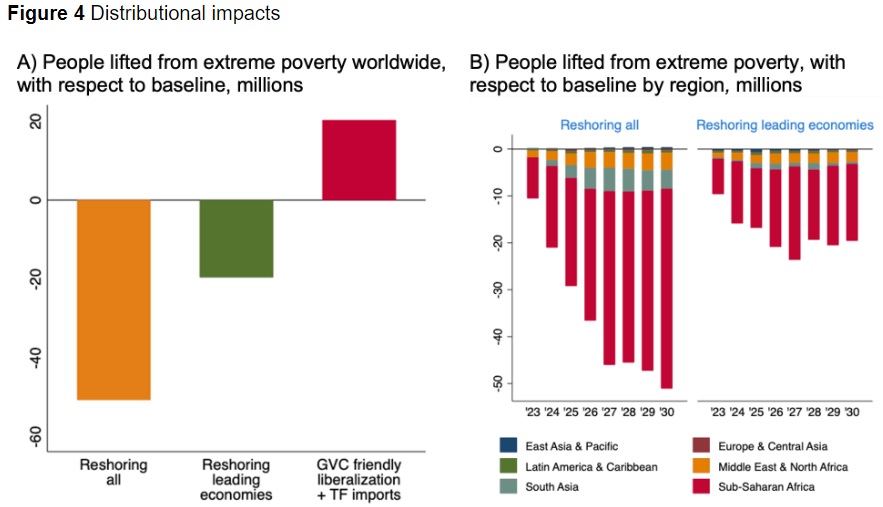I narrated a video making the case for free trade back in 2019.
This new video from Kite & Key builds on that effort.
Indeed, it also incorporates many of the lessons that were in my video on the benefits of creative destruction.
If you don’t have six minutes to watch the video, here are the four main takeaways.
 Protectionism has a terrible track record in the real world.
Protectionism has a terrible track record in the real world.- The world has become much richer as trade has expanded.
- We are richer when we focus on our comparative advantage.
- Poor people are hurt the most by protectionist policies.
Allow me to briefly elaborate on the first bullet point.
I’m a big believer in citing real-world examples. When I make my arguments for spending restraint, I share various case studies.
I do the same when debunking Keynesian economics. And when showing the superiority of markets over dirigisme.
So my challenge to protectionists is do the same thing. Show me (and everyone else) the successful examples of trade barriers.
- It wasn’t under Herbert Hoover.
- It wasn’t in Argentina.
- It wasn’t in India.
I’ll preemptively note that the United States in the 1800s is not a good example. The U.S. economy did well during that century, but it was because of policies such as no income tax and no welfare state.
In other words, Trump was wrong on that issue.
P.S. If you like my two trade videos cited above, I also have ones about the trade deficit and the World Trade Organization.
[…] one agrees with those common-sense observations, the Tholos Foundation’s just-released Trade Barriers Index is a great source of data about which […]
[…] one agrees with those common-sense observations, the Tholos Foundation’s just-released Trade Barriers Index is a great source of data about […]
[…] fully agree about the global benefits of free trade, and the World Trade Organization has played a helpful […]
I consider USA in 1800s to be a great example in support of free trade because it was one large free trade zone area, the size of several European nations. Imagine if USA had tariffs between the various states.
[…] The Case for Free Trade […]
[…] Courtesy of International Liberty. […]
[…] Courtesy of International Liberty. […]
[…] Courtesy of International Liberty. […]
[…] Courtesy of International Liberty. […]